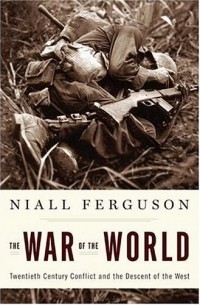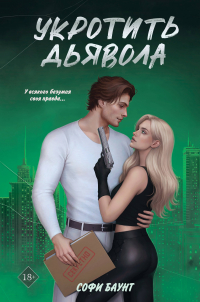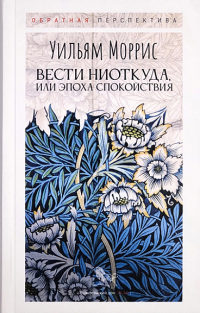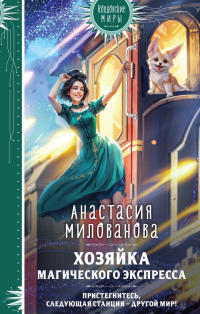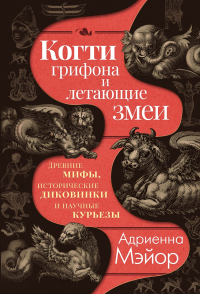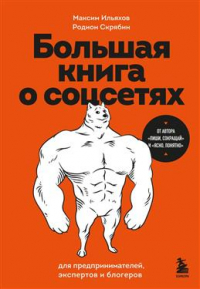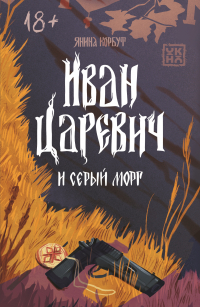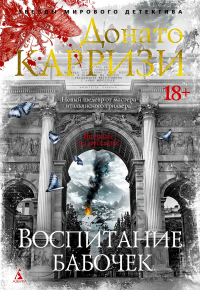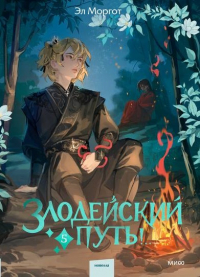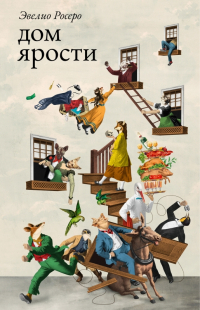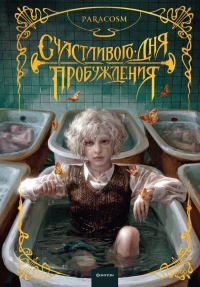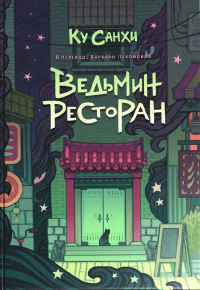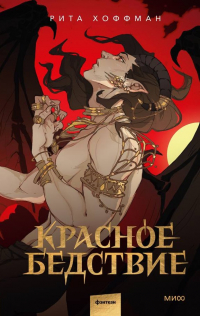Лучшая рецензия
Смотреть 1Вряд ли есть другой такой многоуважаемый, популярный, и плодовитый писатель в англосаксонском политическом дискурсе, как Найл Фергюсон. В своей потрясающей манере - кратко, емко, и очень изящно - он выбирает из вязи исторических событий только то, что подтверждает его точку зрения. Вполне естественно для нас всех, впрочем. Книга "Война мира" (или "Мировая война") - красноречивый пример этой способности Фергюсона. Можно набраться терпения и повыбирать все его натяжки, "случайные обмолвки", недоговаривания, но их слишком, слишком много. Главное - его вывод о том, главная причина вот уже столетней войны (начавшейся, якобы, в 1914 - это этнический конфликт, не выдерживает никакой критики. Склеенная негодным клеем канва никак не объясняет ни конфликта в Югославии, ни конфликта в Руанде, при…
